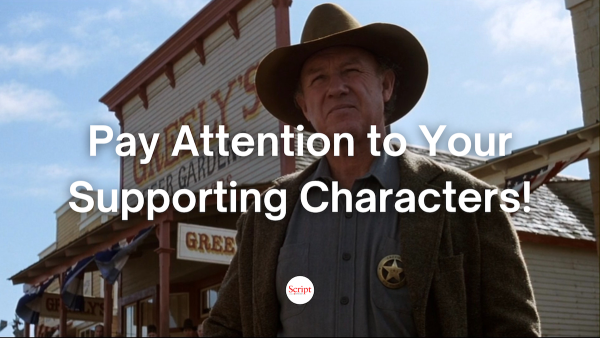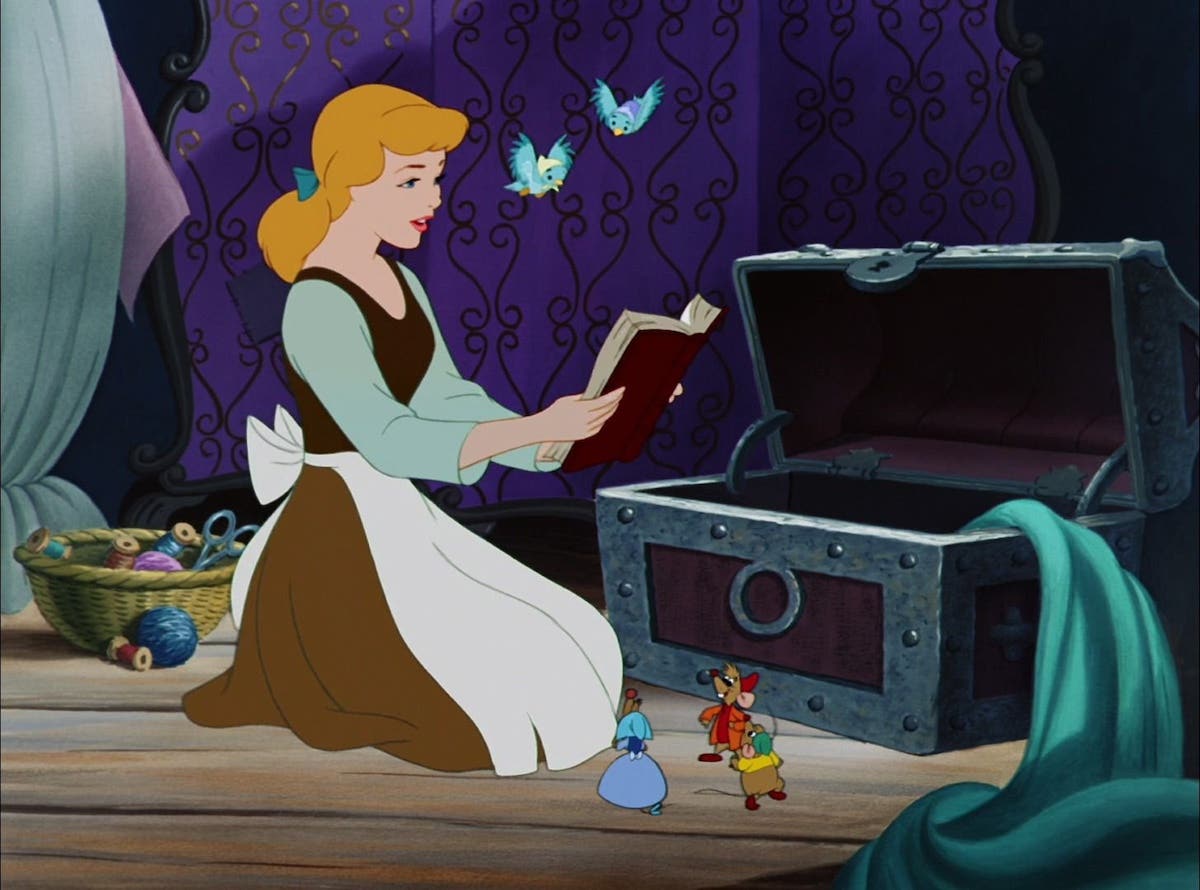Wendy LA4HIRE: What Every Screenwriter Can Learn from Alfred Hitchcock
Producer Wendy Kram shares what screenwriters can learn from Alfred Hitchcock films from exposition to character development.
One of my favorite quotes about filmmaking comes from Alfred Hitchcock, and it provides some of the best advice for screenwriters and filmmakers:
“Drama is real life with all the boring parts cut out.” -- Alfred Hitchcock
Another great quote comes from another one of my favorite filmmakers, Jean Luc Goddard.
“I always say that film is 24 lies per second at the service of the truth or at the service of the attempt to find the truth.”
-- Jean Luc Goddard
Think about the above comments. Both are so true.
For example: If you have a character who drives from one state to another, the film thankfully never has you endure the hour-long (or longer) car ride. The character gets in the car, drives away, and perhaps in the next scene, pulls up to the destination. From that point, you might cut to the character knocking on the door. Or he or she might already be inside the location, having coffee, mid-conversation with the person he or she is visiting. We don’t see the character turn off the ignition, step out of the car and follow every footstep as he or she makes his or her way to the front door -- unless there is a deliberate point the filmmaker is trying to convey, such as the character is obsessive compulsive, checks the ignition, dusts his dashboard, maybe hesitates, turns the ignition on and then off again, uncertain about the situation at hand or what he or she expects or dreads to encounter inside.
The notion that movies are lies is completely true because movies tell stories that can cover an entire lifespan and are done so on average in a mere two hours.
A mistake writers who are starting out often make is to include details that don’t propel the script forward such as beginning each scene with a character entering a room, playing out a full scene, and then describing the character's departure. Exits and entrances should be used sparingly since movies are not real life, and subsequently should not approximate real time. These are wasted moments which fill up space without being dynamic. In Hitchcock's words, these would be the "dull bits." Goddard is saying the same thing in a different way. In film, the art itself inherently prohibits an exact replication of reality, and as such, one mustn't be slavishly wed to the absolute truth at the expense of emotion. Creating effective, dynamic stories in film or television often requires adjustments and interpretations of reality in order to get to the "emotional" truth of your story. In the end, what's most important is to elicit an emotional connection with your audience. Otherwise, a literal portrayal of reality might put your audience members to sleep rather than excite their senses.
In keeping with cutting out "the dull bits," movies should not include exposition where characters explain their entire thought process before taking action. The exception would be if you are deliberately making a point about a particular character who might be indecisive, neurotic and seek validation from others before taking action. Unless you have a purpose for focusing on minutia in a way that defines your characters and propels your storyline, you should be cognizant of what constitutes "dull bits" and avoid them. When you are mindful of avoiding "the dull bits" and realize that the important point in every scene is to engage your audience in your characters' journey, you will be truly crafting your script by improving your dialogue, story structure, and pacing. It will also help you create greater focus with your plot and character development.
The above are simple examples that can also be applied in more complex scenarios, and Hitchcock and Goddard applied these principals to create many of cinema’s most exciting scenes and enduring works.
Check out next month's continuing series on Wendy's Tips from L.A. FOR HIRE and what every screenwriter can learn from the great Masters of Cinema.
Related Articles:
- More Wendy's LA4HIRE articles by Wendy Kram
- Alt Script: Three Ways Alt-Script Writing Can Improve Your Spec Scripts
- Wendy’s LA4HIRE: Essential Ingredients to Writing a Screenplay that’s Powerful
Get more screenwriting success tips from Wendy Kram in her OnDemand webinar 12 Top Tips to Write a Screenplay That Gets Noticed by Agents and Production Companies
Wendy Kram is a producer and the owner of LA FOR HIRE, one of the industry's leading consulting companies for screenwriters, filmmakers and production companies, assisting them in developing, packaging and selling their projects. Creative Screenwriting Magazine ranks her in the Industry’s Top 3 Picks for “Best Script Consultants” with expertise in marketing. She is a respected, working producer with multiple features and series in active development, and she is responsible for securing high six-figure deals for her clients. To learn more about Wendy’s services, success stories and how she may be able to help you advance your projects, email wendy@la4hire.com.





